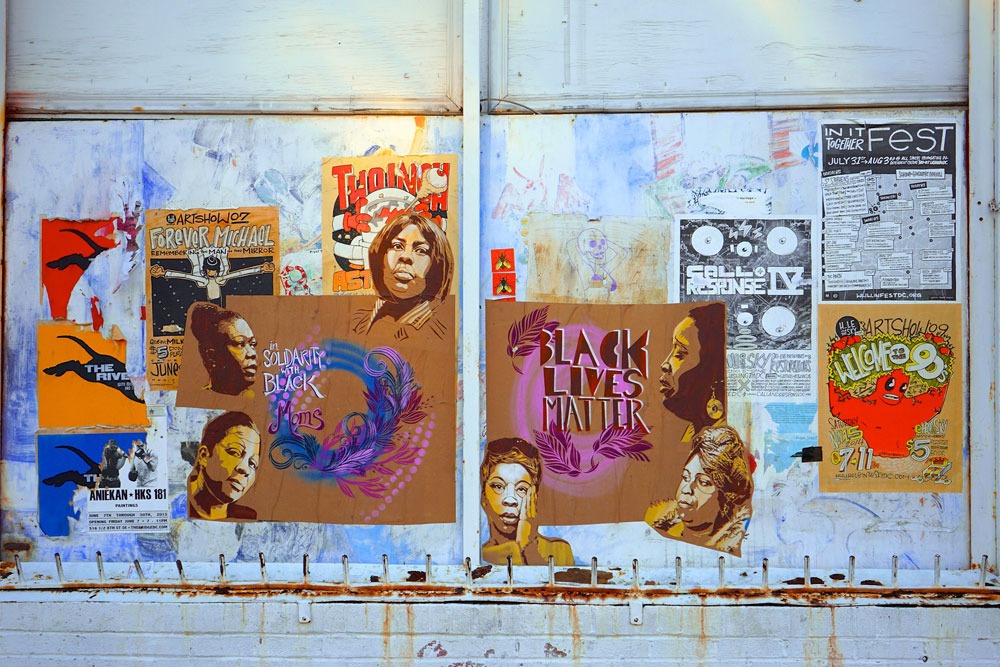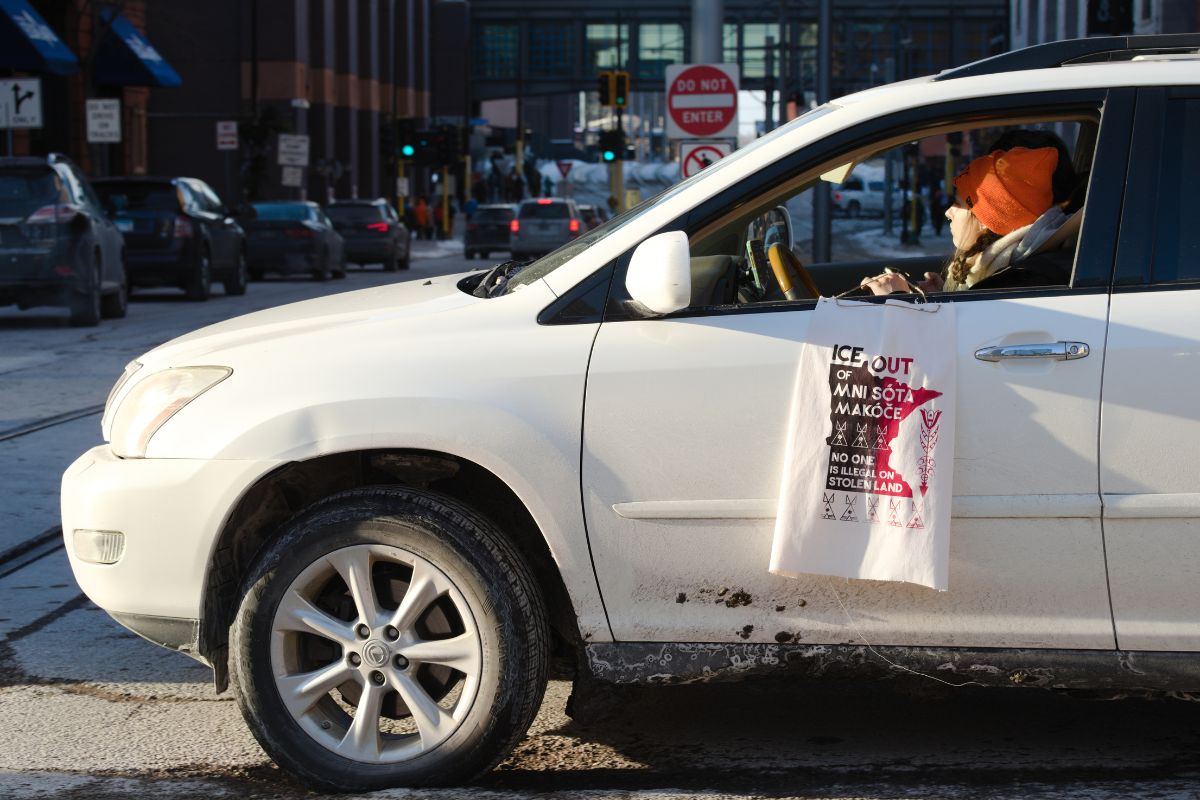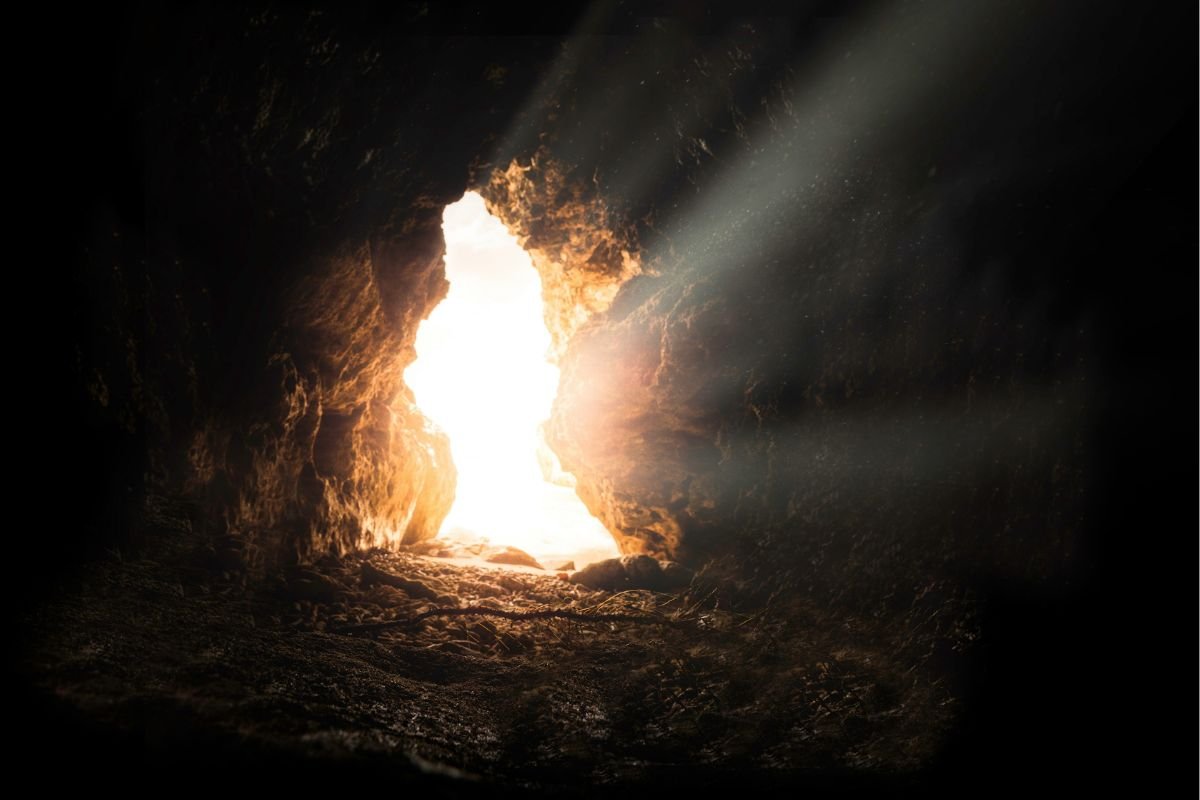
August 28, 2020; Politico
As the country experiences another month of sustained protests, organizers seek to use the momentum to advance legislation and policy at every level and for this kind of collective push it makes good sense to advance a solidarity platform. In celebration of Black August, the Movement for Black Lives (M4BL) hosted the Black National Convention. The virtual, multi-hour event featured organizers, local government officials, academics, and other leaders discussing social issues disproportionately affecting Black communities.
In addition to covering firsthand accounts of Black-led organizing by groups such as Moms 4 Housing, the event served as a way to roll out the BREATHE Act to a larger audience. The new legislative proposal aims to “divest our taxpayer dollars from brutal and discriminatory policing and invest in a new vision of public safety—a vision that answers the call to defund the police and allows all communities to finally BREATHE free.”
Divided into four sections, the proposal addresses sustainable approaches to public safety.
Section 1: Divest from Policing
The first section calls for the elimination of carceral systems. M4BL notes that agencies such as the DEA, ICE, and the Department of Defense’s 1033 program serve to expand incarceration and police militarization. Among other things, the bill would end surveillance tactics such as facial recognition, gang databases, or Baltimore Police Department’s Aerial Investigation Research program.
Section 2: Invest in Community-Driven Safety
Along with divesting from policing, the bill calls for reinvestment in new approaches that minimize contact with the police. Local governments that implement non-punitive, community-led approaches (e.g. practicing transformative justice, removing police from schools, and prioritizing community development initiatives) would receive federal funding.
Sign up for our free newsletters
Subscribe to NPQ's newsletters to have our top stories delivered directly to your inbox.
By signing up, you agree to our privacy policy and terms of use, and to receive messages from NPQ and our partners.
Section 3: Allocate New Money
The longest section of the proposal focuses on a vision for building healthy, equitable communities. Sustainable solutions would be incentivized through five types of competitive grants.
- Educational justice grants to enact equitable school funding policies
- Environmental justice grants that incentivize local and state governments to develop community-led plans that improve water and air quality levels, including sustainable projects initiated by community-based nonprofits
- Health and family justice grants to invest in food co-ops and urban gardens in addition to expanding Medicare under the Affordable Care Act
- Economic justice grants to establish a living wage pegged to inflation, extend employment protections for workers, and pilot universal basic income programs
- Housing and infrastructure grants to support expanding and modernizing affordable housing, developing community land trusts, and implementing tax relief programs for those at risk of being displaced by gentrification
Section 4: Hold Government Officials Accountable
The last section focuses on repairing harms committed against Black communities. Most notably, the bill calls for the passage of HR 40 to create a commission to study and develop reparation proposals in addition to offering financial incentives to states that strengthen mechanisms to hold police accountable for committing harms.
This section also addresses voter turnout. States would receive federal funding for increasing voter turnout through programs that enfranchise those who are currently or formerly incarcerated, communities with historically low voter engagement, and undocumented voting at local and state elections.
While the BREATHE Act has not been formally introduced to Congress, US representatives Rashida Tlaib (D-MI) and Ayanna Pressley (D-MA) have expressed support for the act. Ultimately, M4BL hopes to increase awareness of what’s possible given that public opinion surrounding policing has shifted.
Kayla Reed, executive director of the organizing group Action St. Louis and co-founder of the Movement for Black Lives’ Electoral Justice Project notes, “What we want to tell folks is that in this moment, we are ripe for transformation. And we can build that and achieve that if we come together under a shared political vision….We don’t have to just get one thing done. We can get it all done, because it’s what our communities deserve.”—Chelsea Dennis












